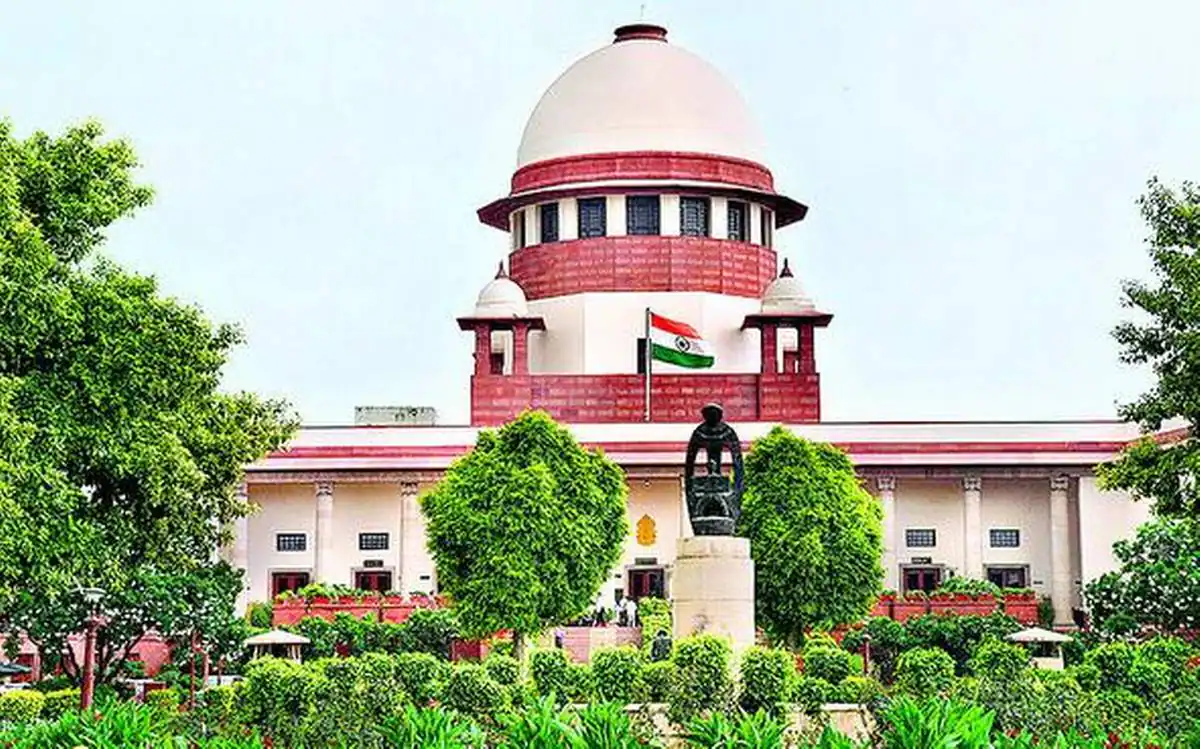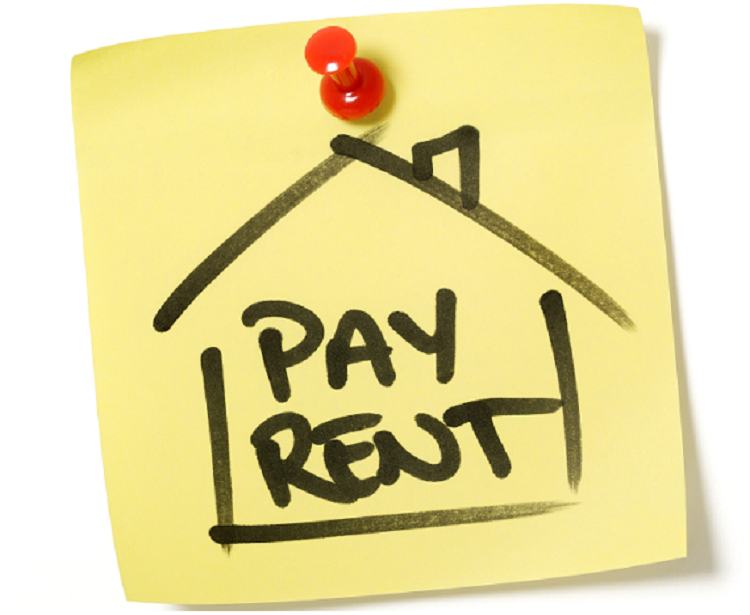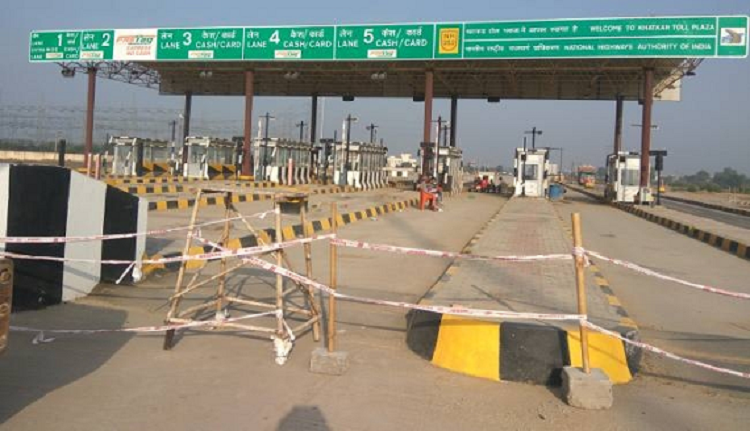
SC: ‘Default bail is a fundamental right and not merely a statutory right as it is, a procedure established by law under Article 21 of the Constitution' Supreme Court
Supreme Court The Supreme Court while hearing an appeal regarding default bail, granted the relief sought by the appellant and remarked that the state cannot take advantage of supplementary charge sheet to extend the time limit of such bail.
Factual Background
An FIR was registered against the appellant under multiple sections of IPC, the Arms Act and section 18 of UAPA.
The appellant was arrested and the Chief Judicial Magistrate, Lucknow granted 180 days to the police to file the charge sheet.
The police filed the charge sheet within the given time period except for charges under UAPA which required state government’s sanction. The second supplementary charges sheet under UAPA was filed after 211 days after obtaining state government’s sanction.
The appellant moved to the Court of Chief Judicial Magistrate seeking default bail since the time period of 180 days had been elapsed.
However the Court rejected the plea for default bail on the grounds that the second charge sheet was a supplementary charge sheet in addition to the previous charge sheet, similar view was given by the High Court after which the appellant moved to the Apex Court.
Appellant’s Plea
The counsel for appellant contended that the Chief Judicial Magistrate, Lucknow did not have any jurisdiction in the matter of offences related to UAPA since same was only with the Special Courts.
The counsel further submitted that the supplementary/second charge sheet was filed after the lapse of 180 days due to which the appellant was rightfully entitled to the default bail.
The counsel appearing for the state countered that the Court of Chief Judicial Magistrate was competent to initiate the proceedings, since the special courts had been notified recently only a month back. The counsel further submitted that the second charge sheet shall be seen as a supplementary charge sheet which is not separate but part of the first charge sheet itself, thus plea for default bail was liable to fail.
Court’s Decision
The division bench of Justice Sanjay Kishan Kaul and Justice R. Subhash Reddy observed that the Court of Chief Judicial Magistrate was the only competent court since there wasn’t any Special Courts in existence in the state.
The Court then elucidated on the importance of time period in cases of default bail and remarked “we cannot lose sight of the fact that what was envisaged by the Legislature was that the investigation should be completed in 24 hours but practically that was never found feasible.
It is in these circumstances that Section 167 of the Cr.P.C. provided for time period within which the investigation should be completed, depending upon the nature of offences. Since, liberty is a Constitutional right, time periods were specified in the default of which the accused will have a right to default bail, a valuable right.”
The Court noted that in present case the police had filed the second charge sheet under UAPA after 211 days which was after the application of default bail was filed.
The court also observed that the time period of 180 days had also elapsed at the time of filing the second charge sheet as a supplementary charge sheet and remarked “We do not think that the State can take advantage of the fact that in one case there is one charge sheet and supplementary charge sheets are used to extend the time period in this manner by seeking to file the supplementary charge sheet qua the offences under the UAPA Act even beyond the period specified under Section 167 of the Cr.P.C beyond which default bail will be admissible, i.e., the period of 180 days”.
After making the aforementioned observations of the facts and circumstances, the Court held that the appellant was entitled to default bail.
The Court further expounded on right of default bail and commented “default bail under first proviso of Section 167(2) of the Cr.P.C. is a fundamental right and not merely a statutory right as it is, a procedure established by law under Article 21 of the Constitution.”
Thus the Court allowing the appeal set aside the High Court’s order and declared that the appellant was entitled to default bail.
Dr Ajay Kummar Pandey
Advocate Supreme Court of India
www.4csupremelawint.com
#SupremeCourt #defaultbail #Fundamentalright #StatutoryRight #Article21 of #IndianConstitution
#LatestLaws #LatestNews
Your free access to Supreme Law News has expired
For further details contact:
Dr. Ajay Kummar Pandey
( LLM, MBA, (UK), PhD, AIMA, AFAI, PHD Chamber, ICTC, PCI, FCC, DFC, PPL, MNP, BNI, ICJ (UK), WP, (UK), MLE, Harvard Square, London, CT, Blair Singer Institute, (USA), Dip. in International Crime, Leiden University, the Netherlands )
Advocate & Consultant Supreme Court of India, High Courts & Tribunals.
Delhi, Mumbai & Dubai
Tel: M- 91- 9818320572. Email: editor.kumar@gmail.com
Website:
www.supremelawnews.com
www.ajaykr.com, www.4Csupremelawint.com
Facebook: /4Clawfirm, /legalajay Linkedin: /ajaykumarpandey1 Twitter: /editorkumar / YouTube: c/4cSupremeLaw Insta: /editor.kumarg
Telegram Channel
Whatsup Channel











